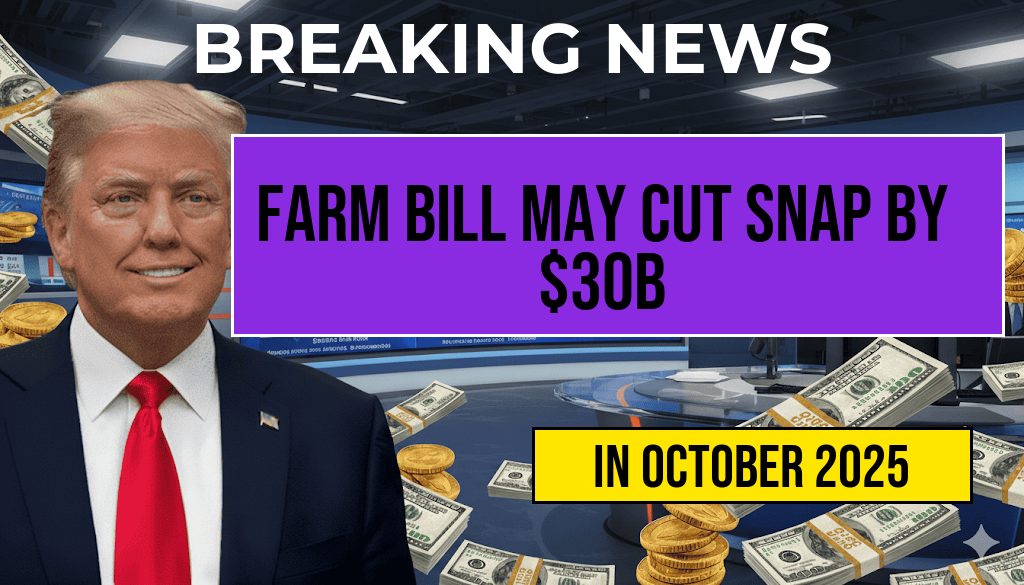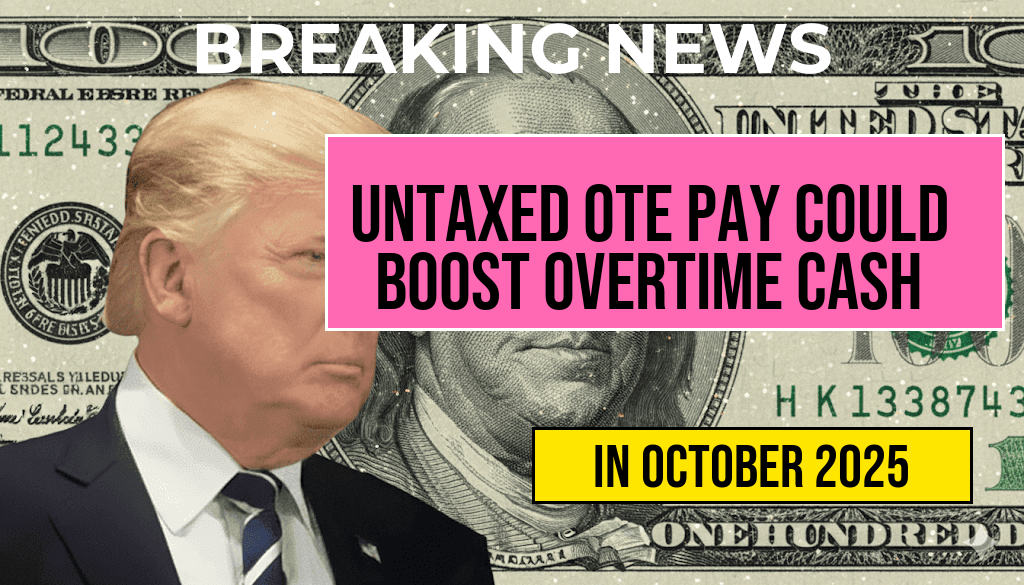The ongoing debate surrounding the Farm Bill has intensified as proposed adjustments to the Supplemental Nutrition Assistance Program (SNAP) threaten to cut approximately $30 billion over the next decade. These modifications have drawn attention from policymakers, advocacy groups, and the general public, as they could significantly impact the grocery budgets of millions of American families. As discussions unfold in Congress, stakeholders are voicing concerns about the potential repercussions on food security and nutrition for vulnerable populations. The proposed changes include stricter eligibility requirements and adjustments to benefit calculations, which critics argue may exacerbate food insecurity at a time when many households are still recovering from the economic fallout of the COVID-19 pandemic.
Understanding SNAP and Its Importance
SNAP, formerly known as food stamps, is a federal program designed to assist low-income individuals and families in purchasing food. The program plays a crucial role in alleviating hunger and improving nutrition across the country. According to the U.S. Department of Agriculture (USDA), SNAP benefits have helped lift millions of Americans out of poverty, contributing to their overall well-being.
Proposed Adjustments and Their Implications
The current Farm Bill, which is set to expire in 2023, has sparked discussions about the future of SNAP. Proposed adjustments aim to reform the program’s structure, particularly in the areas of eligibility and benefits calculation. Key proposals include:
- Stricter Income Eligibility: Revisions to the income thresholds that determine eligibility may exclude more families from receiving benefits.
- Changes to Benefit Calculations: Adjustments in how benefits are calculated could lead to reductions in the amount of aid provided to recipients.
- Work Requirements: Increased work requirements for able-bodied adults may be implemented, potentially limiting access for those unable to meet these standards.
Advocates for the proposed changes argue that they are necessary to ensure that SNAP is sustainable and effectively targets those in need. However, opponents warn that such adjustments could lead to increased food insecurity for vulnerable populations, including children, the elderly, and individuals with disabilities.
Economic Impact on Families
The potential $30 billion cut over a decade raises concerns about its impact on grocery budgets for low-income families. The Center on Budget and Policy Priorities (CBPP) reports that SNAP benefits are often the primary source of food assistance for millions of households. Reductions in these benefits could force families to make difficult choices between buying food and meeting other essential expenses.
| Year | Projected Cut to SNAP Benefits | Estimated Families Affected |
|---|---|---|
| 2024 | $3 billion | 1 million |
| 2025 | $3 billion | 1 million |
| 2026 | $3 billion | 1 million |
| 2027 | $3 billion | 1 million |
| 2028 | $3 billion | 1 million |
| 2029 | $3 billion | 1 million |
| 2030 | $3 billion | 1 million |
| 2031 | $3 billion | 1 million |
| 2032 | $3 billion | 1 million |
| 2033 | $3 billion | 1 million |
Voices of Concern
Numerous advocacy groups, including Feeding America and the Food Research & Action Center (FRAC), have expressed alarm over the proposed SNAP cuts. They emphasize that reducing access to food assistance could lead to higher rates of hunger and malnutrition, particularly in communities already facing economic challenges.
Additionally, some lawmakers are pushing back against the proposed changes, arguing that they undermine the essential purpose of SNAP. “We cannot allow budget cuts to come at the expense of our most vulnerable citizens who rely on these benefits to feed their families,” stated Senator Maria Cantwell during a recent congressional hearing.
Looking Ahead
As the Farm Bill negotiations continue, the future of SNAP remains uncertain. With strong opinions on both sides of the debate, the outcome will likely shape the landscape of food assistance in the United States for years to come. The implications of these proposed adjustments extend beyond budgetary considerations; they touch the lives of millions of Americans who depend on SNAP for their daily sustenance. Stakeholders are urged to closely monitor developments in this critical area of policy as Congress works towards a final resolution.
For more information on SNAP and its impact, visit the U.S. Department of Agriculture’s SNAP page or read insights from the Center on Budget and Policy Priorities.
Frequently Asked Questions
What is the Farm Bill and why is it important?
The Farm Bill is a comprehensive piece of legislation that governs various aspects of U.S. agriculture, including food assistance programs like SNAP (Supplemental Nutrition Assistance Program). It plays a crucial role in determining funding and policy for food security and agricultural practices across the nation.
What are the proposed adjustments to SNAP in the Farm Bill?
The proposed adjustments to SNAP aim to achieve significant budget cuts, potentially totaling $30 billion over the next decade. These adjustments may include changes to eligibility requirements and benefit calculations, which could impact millions of recipients.
How might these SNAP adjustments affect grocery budgets?
If the proposed adjustments are implemented, many households relying on SNAP may experience reduced benefits, leading to tighter grocery budgets. This could result in families struggling to afford nutritious food, ultimately affecting their overall food security.
Who will be most affected by the changes to SNAP?
The changes to SNAP will primarily affect low-income families, the elderly, and individuals with disabilities who depend on the program for their basic nutritional needs. These groups are likely to feel the greatest impact from potential cuts to their food assistance.
What can individuals do to advocate against these proposed cuts?
Individuals can advocate against the proposed cuts by contacting their local representatives, participating in community forums, and supporting organizations that promote food security and nutrition assistance. Raising awareness about the importance of SNAP can also help influence policymakers.







